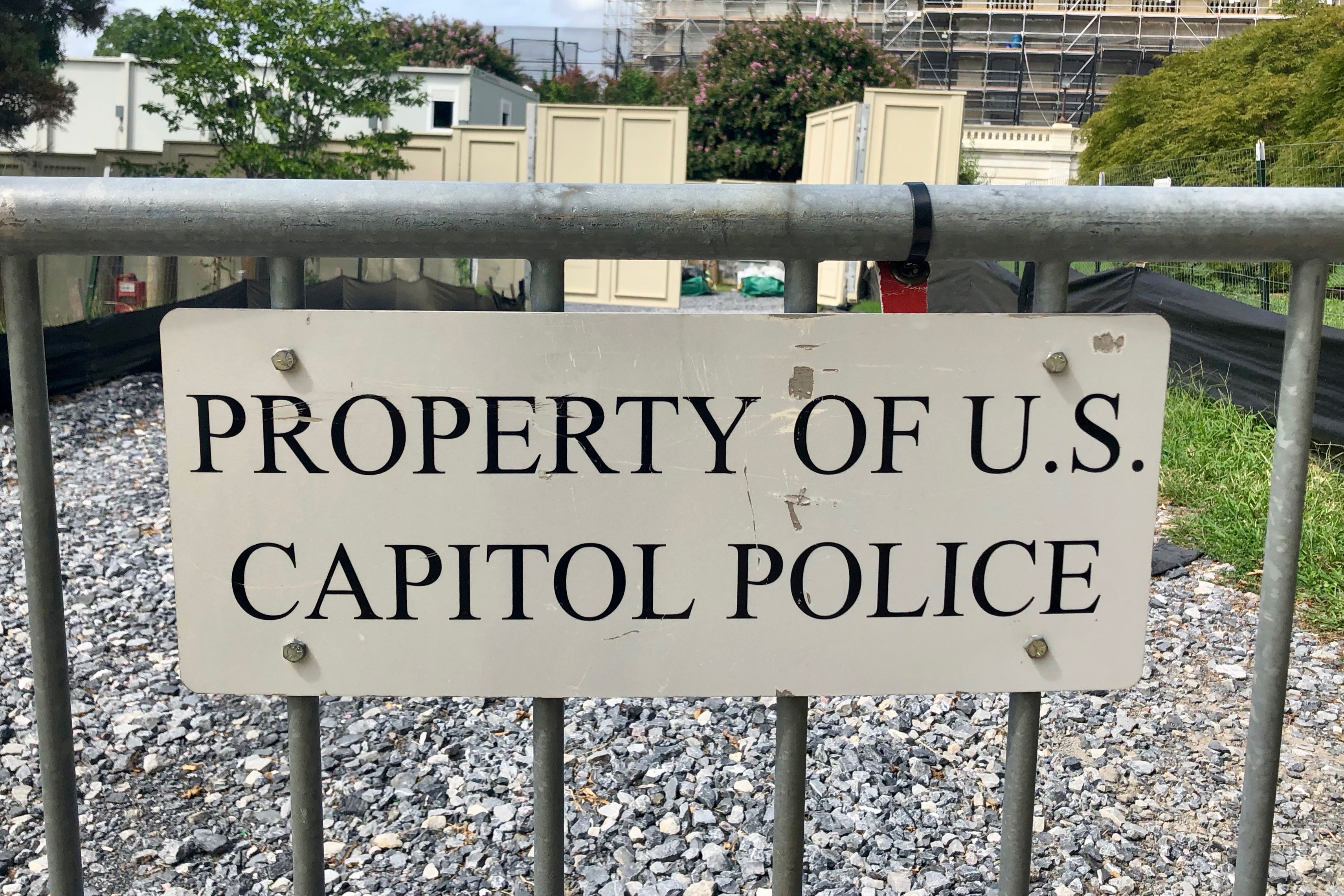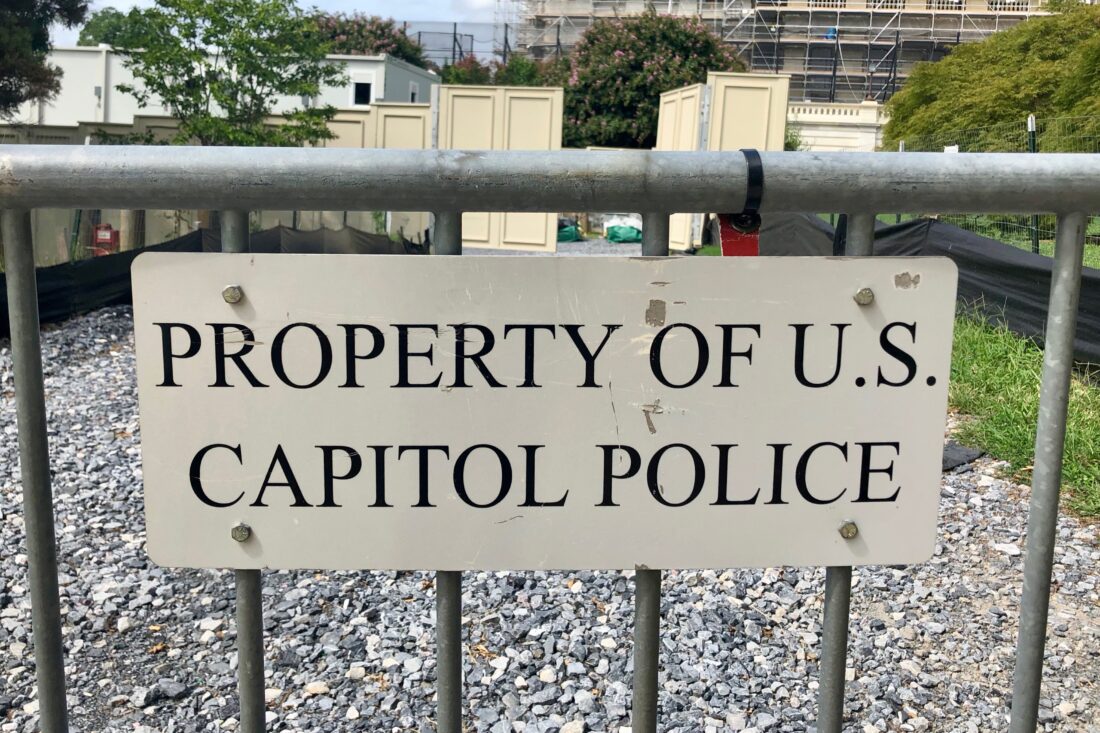
Today armed Trump supporters stormed the U.S. Capitol in an apparent and temporarily successful effort to disrupt the vote to certify the 2020 presidential election results. Members, staff, and journalists were forced to hide throughout the terrifying ordeal and many took to Twitter asking the fundamental questions: Where are the Capitol Police and how could this happen?
The U.S. Capitol Police is the security-force/police-department hybrid tasked with keeping Congress safe and open for business. The little-known department has a budget that exceeds $515 million for FY 2021— constituting almost 10% of Legislative branch funding — and nearly 2,450 employees, around 2,000 of whom are sworn officers. The size of the Capitol Police’s budget can compete with major municipal police forces such as San Antonio’s, which is responsible for a population of 1.5 million, and USCP’s workforce size eclipses that of major city departments like New Orleans and Miami. Notably, their extended jurisdiction covers less than 2 square miles, and there are many other police and security forces in Washington, D.C.
How is the department using those resources to enforce the law and protect the Congress? It is difficult to say because the Capitol Police are infamously opaque. Only in response to significant outside agitation did we obtain any details about their operations. For example, the department started posting weekly arrest summaries in December 2018, following prodding from civil society and congressional overseers. These summaries are among the limited information the department shares publicly — although we have reason to suspect they are not complete, among other shortcomings.
Continue reading “A Primer on the Capitol Police: What We Know From Two Years of Research”